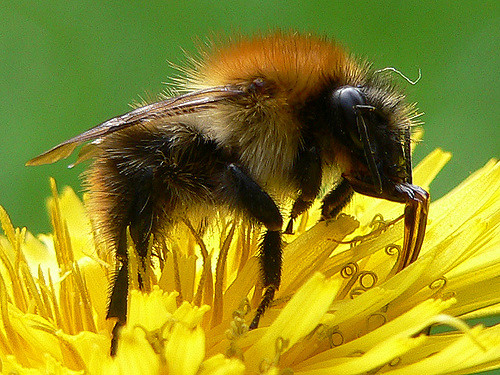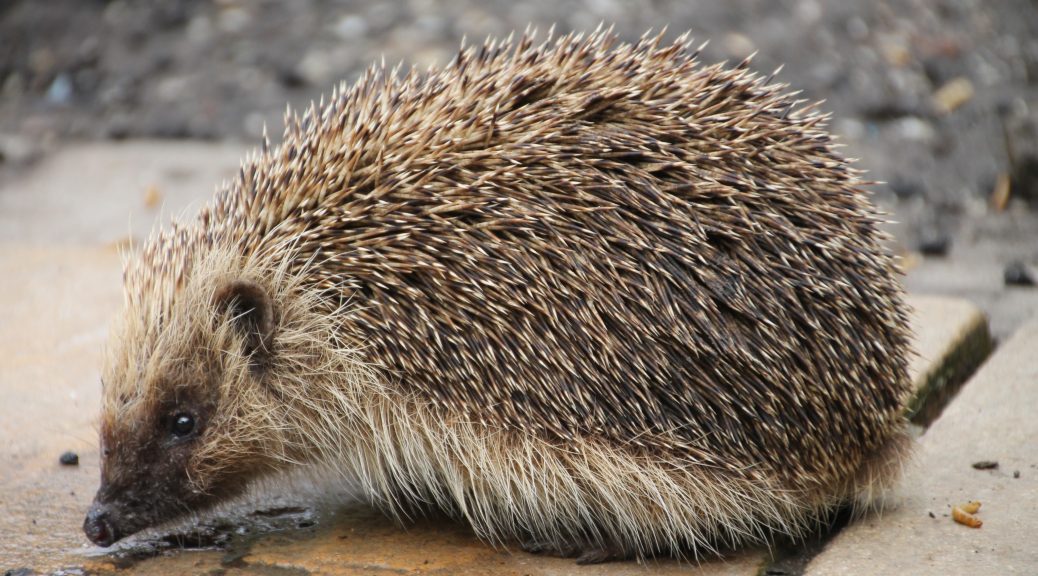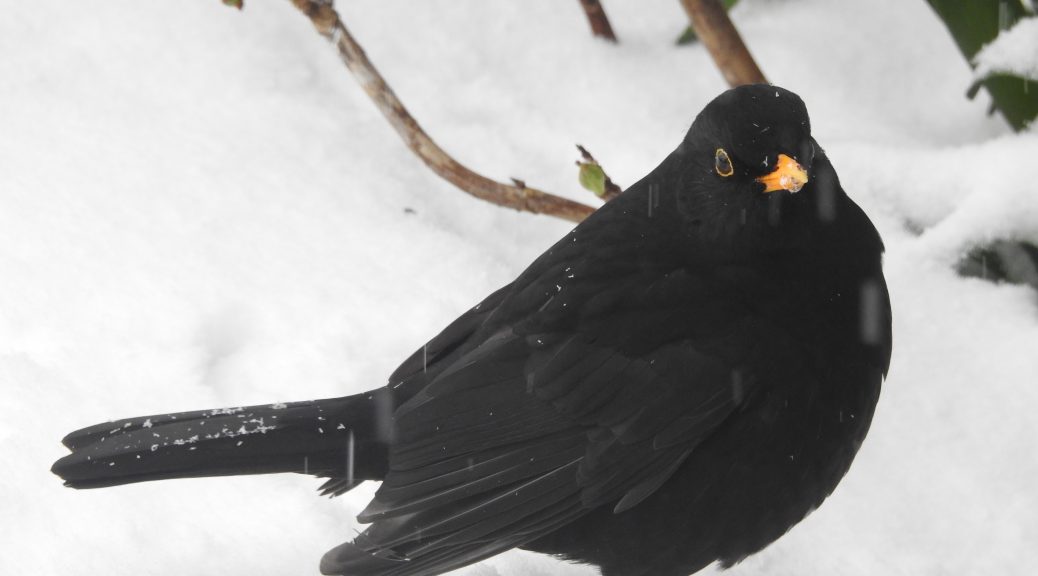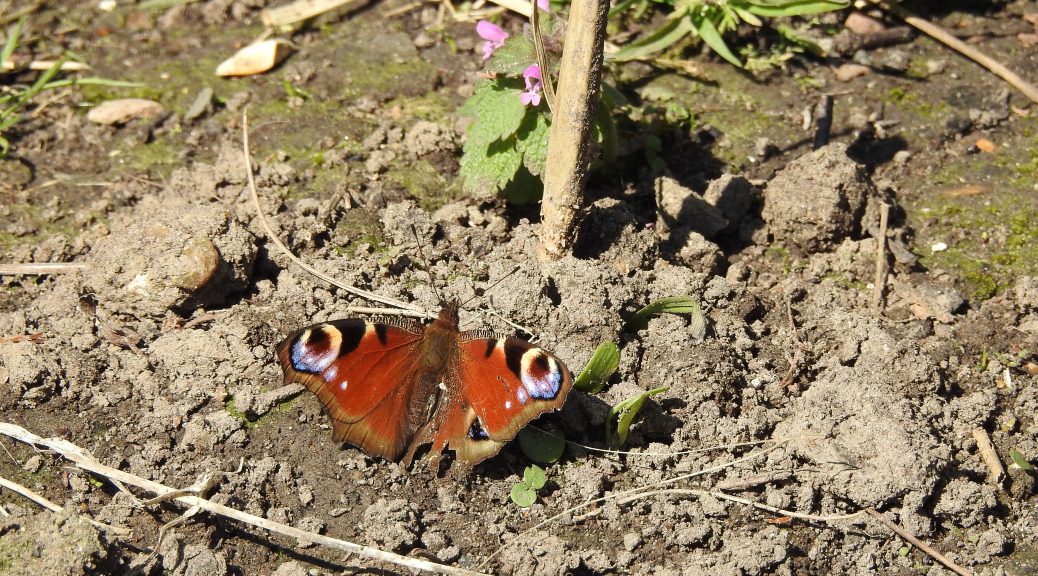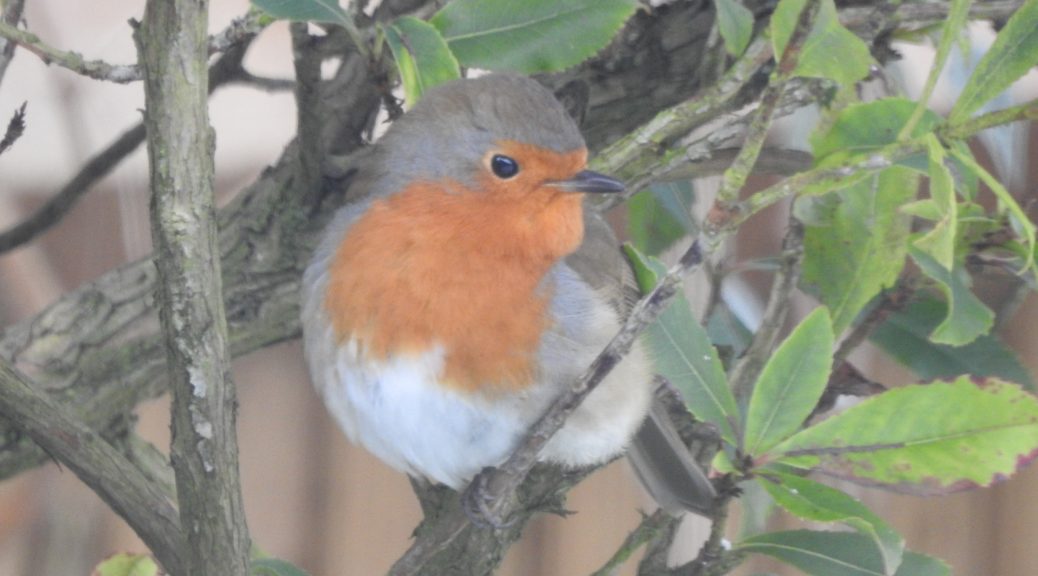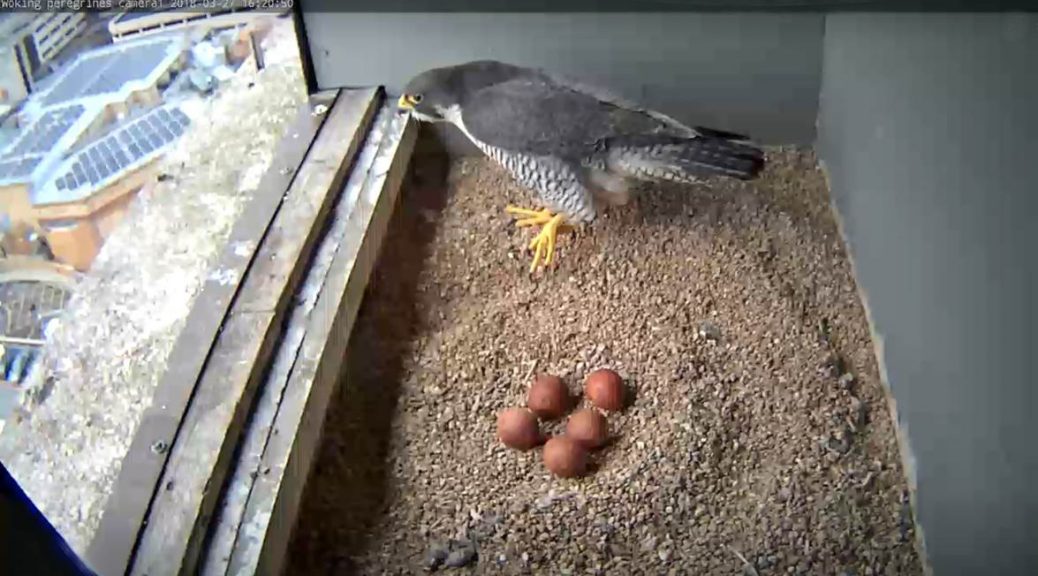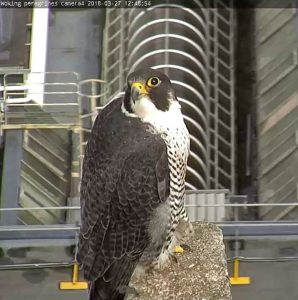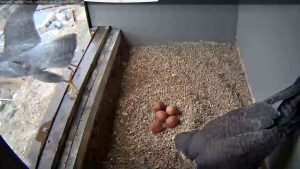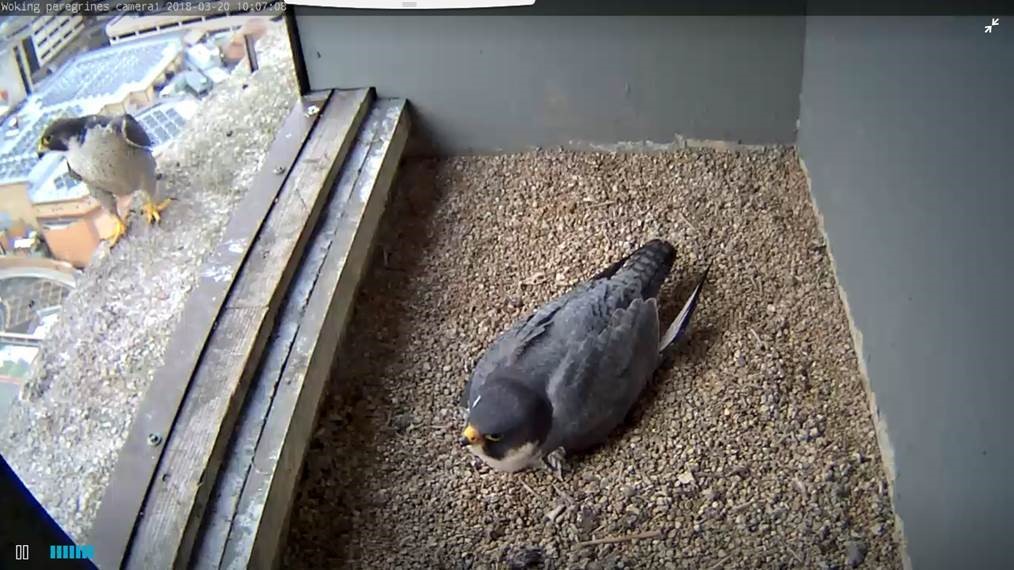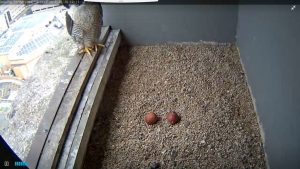It’s National Insect Week! You can celebrate the wonder of insects and take part in the Great British Bee Count.
Set up by Friends of the Earth, and supported by Buglife, this count has run since 17 May and will continue until 30 June. Download the app to make a note and report any bumblebees and solitary bees you see. It has a handy guide for identification as well as advise on how to create habitats for pollinators.
[Photo by Rob Gallop under creative commons
https://creativecommons.org/licenses/by-nd/2.0/legalcode]

